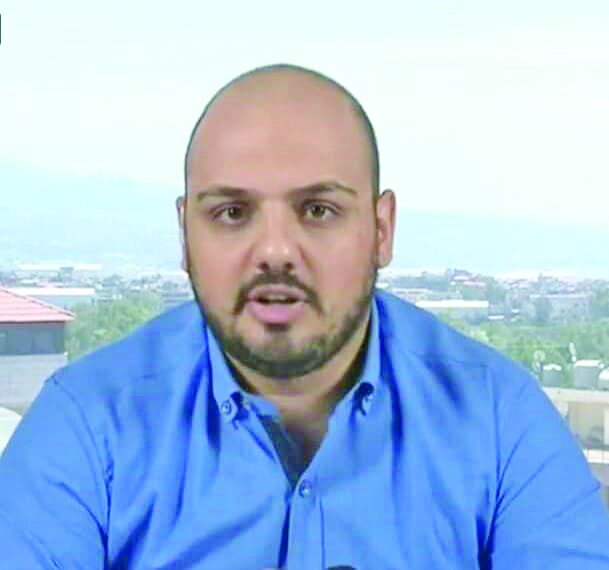The normalization is a betrayal by the Arab monarchies
The resistance is stronger and more united than ever before

The current situation in West Asia is volatile and many-faceted. On the one hand, you have military conflicts and threats; while on the other hand, you have diplomatic negotiations proceeding. For example, there is tension between the Palestinian people and their Israeli occupiers and between Syria and Israel after the missile strike near Dimona nuclear reactor, and between Iran and Israel. On the side of diplomacy, there are the U.S. and international negotiations concerning a revival of Iran's nuclear deal.
The normalization process between the Arab countries and Israel is not a new relationship, and the political, military, intelligence and economic relationships go back years, but it was not publically flaunted. However, after the occupation and destruction of Iraq, and the war on Syria, the relationship between the two sides came up to the surface and was exposed.
The normalization between Arab countries and Israel was made by royal families and regimes and was not backed by the people. The majority of the Arab people support the Palestinian cause. To prove the oil-rich Persian Gulf monarchies and Israel have historical coordination, we must remember their roles together in the 2000 and the 2006 war on Lebanon, and the 2003 war on Iraq, and the 2008 war on Gaza, and finally the destruction of Syria beginning in 2011.
The normalization between Arab countries and Israel was made by royal families and regimes and was not backed by the people. The majority of the Arab people support the Palestinian cause. Also, the resistance has never been defeated and is stronger and more united than ever before, such as Iran, Syria, Lebanese resistance, and Palestinian resistance movements.
The normalization between Arab nations and Israel is a betrayal by the Arab monarchies. Some Arab nations will follow along while under pressure from the U.S., and other nations have normalized their relations with Israel, but have not announced publically. However, some nations such as Syria and Algeria remain steadfast in their commitment to resistance.
Although the Western media is trying to introduce the Axis of Resistance as a kind of expansion of the Shia influence over the region, but it is not a real face of the resistance. For example, there is Sunni resistance in Gaza, in Lebanon you have a strong and historical secular resistance (SSNP), and in Syria, there is a mix of 18 sects, but yet the majority of Syrians are committed to resistance. These examples are proof that the Western media accusations are false and are propaganda.
In addition, the Israeli regime has been violating human rights in the case of Palestinians, including the recent Israel blockage of covid vaccines from entering Gaza. International organizations, such as the UN, WHO, and others are held hostage to U.S. and EU policies which are detrimental to the Palestinians. Moreover, the U.S. foreign policy for West Asia remains consistent regardless of who holds the oval office, or which U.S. political party is in power. The U.S. foreign policy West Asia is written in Tel Aviv; unless AIPAC is prevented from controlling Washington, DC. This situation will remain.
Steven Sahiounie is a Syrian American award-winning journalist, two-time winner of the Serena Shim award for honesty and integrity in journalism. He also serves as the chief editor for the media MidEastDiscourse. Sahiounie lives in Lattakia Syria and has been covering the war on Syria since 2012.
